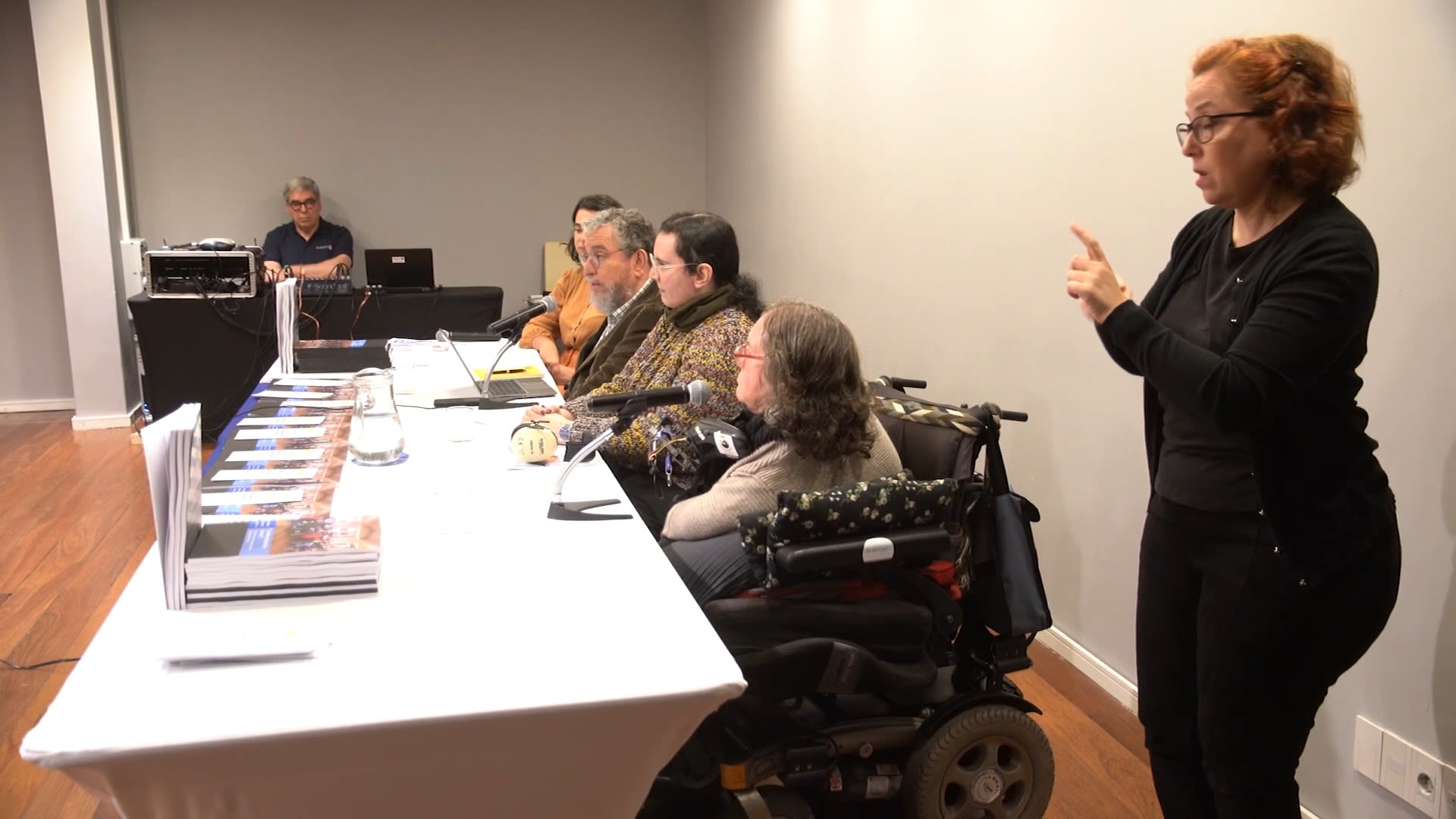Redefining Care: An Overview of Uruguay’s National Care System for People with Disabilities
Uruguay’s National Care System has emerged as a pioneering model in the realm of disability support. It has redefined care standards by focusing on inclusivity and accessibility, setting a benchmark for other nations. This innovative approach not only enhances the quality of life for individuals with disabilities but also fosters a more equitable society.
The Foundation of Uruguay’s National Care System
The National Care System in Uruguay was established as part of a broader commitment to social welfare and human rights. Rooted in the principles of the United Nations Convention on the Rights of Persons with Disabilities, this system aims to ensure that people with disabilities receive the support they need to live fulfilling lives.
At its core, the National Care System is designed to offer comprehensive services that encompass various aspects of daily living, including:
- Healthcare and rehabilitation
- Educational support
- Employment opportunities
- Social integration and community participation
This holistic approach recognizes that care goes beyond mere assistance; it involves empowering individuals to lead independent and meaningful lives.
Innovative Practices Within the National Care System
One of the standout features of Uruguay’s National Care System is its emphasis on innovative practices that prioritize person-centered care. This means that services are tailored to the unique needs and preferences of each individual. Here are some key practices that illustrate this commitment:
- Personalized Care Plans: Each person with a disability is provided with a tailored care plan that considers their specific needs, goals, and aspirations. This ensures that individuals receive the most appropriate support.
- Community-Based Services: Rather than relying solely on institutional care, the National Care System promotes community-based services. This allows individuals to receive support in familiar environments, fostering independence and social connections.
- Interdisciplinary Teams: The system employs interdisciplinary teams that include healthcare professionals, social workers, and educators. This collaborative approach ensures comprehensive support that addresses all aspects of an individual’s life.
- Assistive Technologies: The integration of assistive technologies plays a vital role in enhancing accessibility. From mobility aids to communication devices, these technologies empower individuals to navigate their environments more effectively.
Impact on Quality of Life
The impact of Uruguay’s National Care System on the quality of life for individuals with disabilities is profound. By providing personalized support and fostering inclusivity, the system has led to remarkable improvements in various areas:
- Enhanced Independence: Individuals are empowered to make choices about their lives, leading to greater autonomy and self-determination.
- Increased Participation: The focus on community integration encourages individuals to participate in social, cultural, and recreational activities, reducing feelings of isolation.
- Improved Health Outcomes: Access to healthcare and rehabilitation services ensures that individuals receive timely and appropriate medical attention, contributing to better overall health.
- Stronger Family Support: The National Care System also recognizes the importance of family involvement. Support services extend to families, enabling them to be active participants in the care process.
Challenges and Future Directions
While the National Care System in Uruguay has made significant strides, challenges remain. Ensuring adequate funding, expanding service availability, and promoting awareness about disability rights are ongoing concerns. However, the government and various organizations are committed to addressing these issues through continuous evaluation and improvement of the system.
Looking ahead, there are several directions in which Uruguay’s National Care System can evolve:
- Expanding Access: Efforts to reach underserved populations, especially in rural areas, will be crucial in ensuring that all individuals with disabilities can benefit from available services.
- Enhancing Training for Caregivers: Providing ongoing training and support for caregivers will improve the quality of care and empower those who assist individuals with disabilities.
- Promoting Public Awareness: Increasing awareness and understanding of disability rights among the general public can help reduce stigma and promote inclusivity.
Conclusion: A Model for the Future
Uruguay’s National Care System stands as a testament to what can be achieved when a country commits to redefining care for individuals with disabilities. By focusing on inclusivity, accessibility, and person-centered practices, Uruguay has set a powerful example for other nations to follow. The positive outcomes experienced by individuals within this system highlight the importance of comprehensive support that prioritizes dignity and empowerment.
As Uruguay continues to refine and expand its National Care System, the lessons learned can serve as invaluable guidance for countries grappling with similar challenges. In an increasingly interconnected world, the commitment to disability rights and inclusive care is not just a local issue; it is a global imperative. By championing these values, Uruguay is not only changing lives at home but also influencing the international discourse on disability and care.
See more WebMD Network



